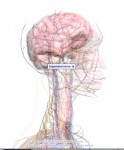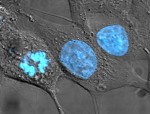What Does it Mean if Primary Care Doctors Get the Answers Wrong About Screening Stats?
The new findings have no bearing on whether or not cancer screening is cost-effective or life-saving. What the study does suggest is that med school math requirements should be upped and rigorous, counter to the trend


